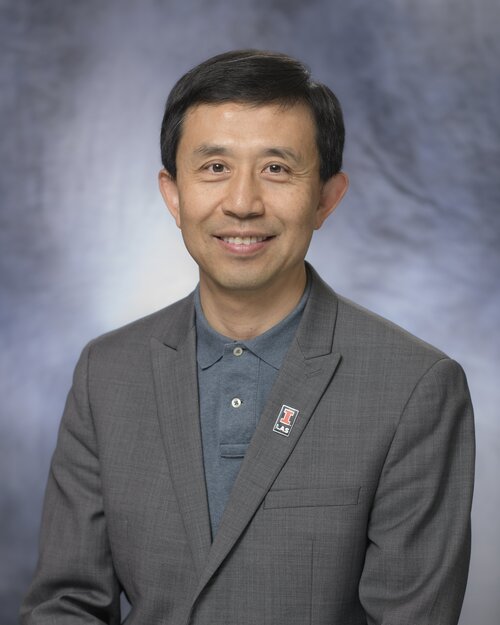The I-GUIDE Spatial AI Challenge: Learn and Participate
December 10, 2024 12:00 pm (Central Time)
Recorded VCO
Abstract
In this session, you'll learn all about I-GUIDE's 2024 Spatial AI Challenge and how best to participate!
This challenge seeks to bring together participants from diverse fields to explore responsible spatial AI approaches to solving complex geospatial problems and tackling pressing sustainability challenges. Participants will be tasked with leveraging the I-GUIDE Platform’s capabilities to explore and share cutting-edge spatial AI research while demonstrating FAIR data principles and open science practices, ensuring that solutions are accessible, computationally reproducible, and trustworthy to the broader community.
Why Participate?
- Collaborative Platform: Gain hands-on experience with the I-GUIDE Platform’s advanced AI, cyberinfrastructure, and geospatial capabilities.
- Community Engagement: Connect with domain experts, AI and data scientists, and fellow researchers from various fields.
- Contribute to Open Science: Showcase your work in a challenge that prioritizes open, computationally reproducible, and responsible research, and FAIR data principles.
- Prizes and Recognition: Compete for awards, including recognition for contributions to open science and spatial AI innovation to tackle a variety of geospatial problems and sustainability challenges.
Who Should Participate?
We welcome participants from across the research community, including:
- Spatial AI and data science researchers
- AI and machine learning researchers
- Geospatial and sustainability scientists
- Educators and students with an interest in spatial AI and data science
- Industry professionals working on spatial AI and geospatial solutions
Speakers

Shaowen Wang
University of Illinois Urbana-Champaign
Shaowen Wang is the Director of I-GUIDE, as well as being a Professor in the Department of Geography and Geographic Information Science; and Affiliate Professor of the Siebel School of Computing and Data Science, Department of Urban and Regional Planning, and School of Information Sciences at the University of Illinois Urbana-Champaign (UIUC). He currently serves as Associate Dean for Life and Physical Sciences of the College of Liberal Arts and Sciences and is a Senior Faculty Fellow with the Office of the Vice Chancellor for Research and Innovation at UIUC.